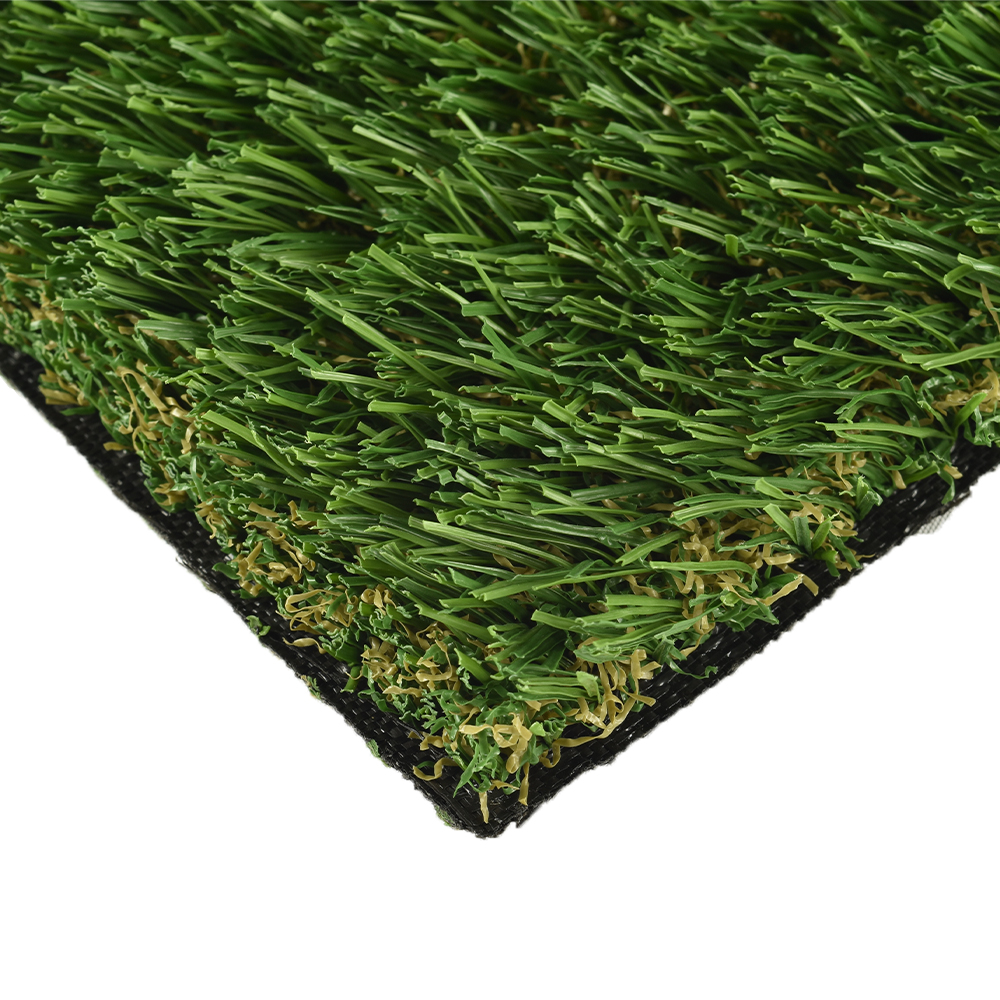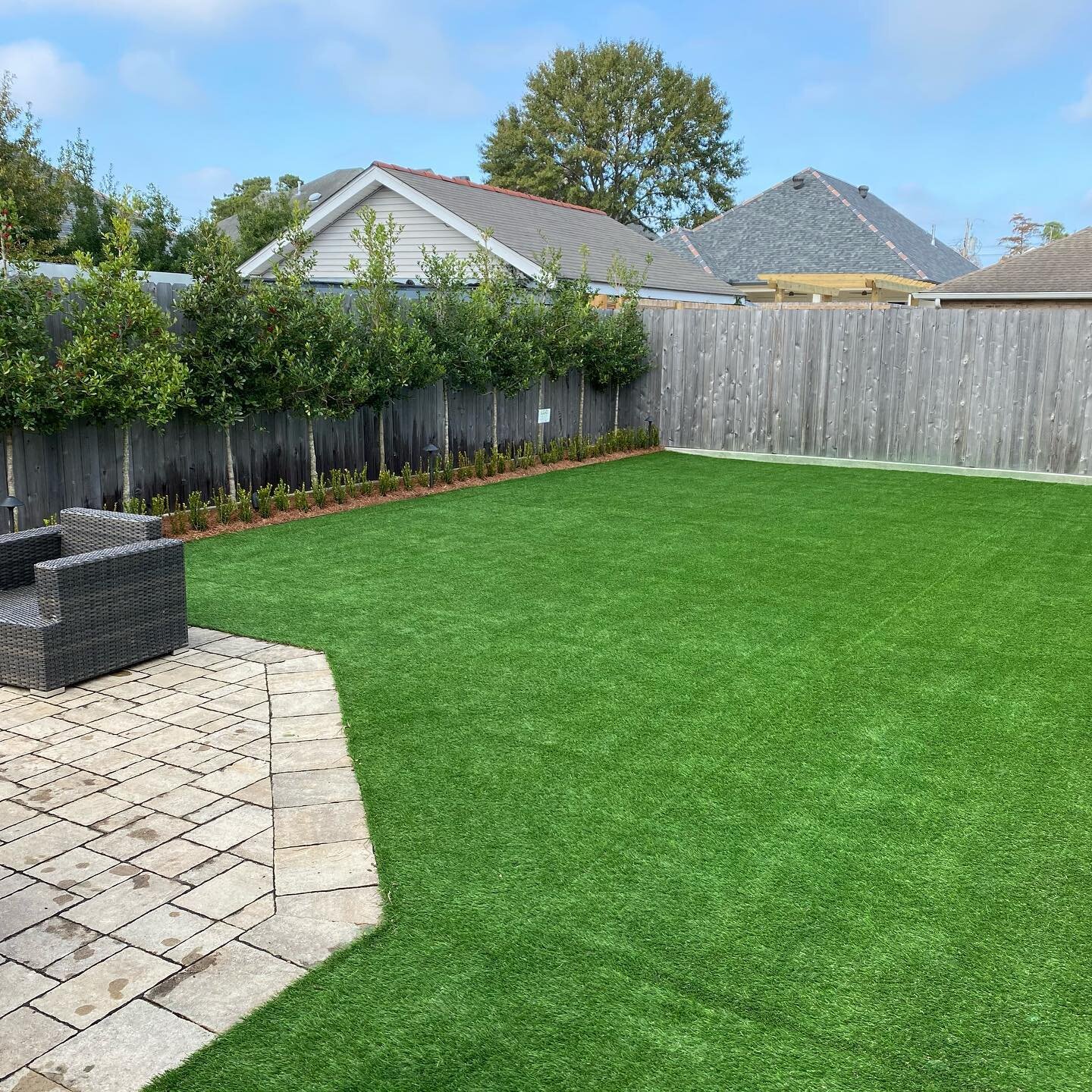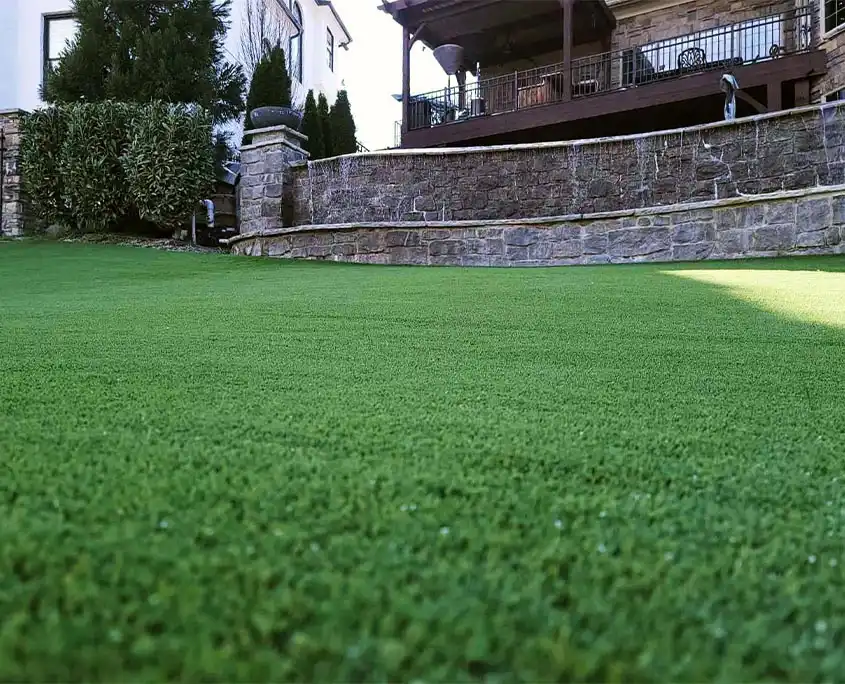Weather-Resistant Arizona Artificial Turf for Home and Business Applications
Weather-Resistant Arizona Artificial Turf for Home and Business Applications
Blog Article
Delve Into the Environmental Advantages of Opting for Artificial Lawn Solutions
The adoption of artificial grass solutions provides an engaging chance to attend to pushing ecological obstacles. By dramatically minimizing water usage and minimizing the application of hazardous chemicals, these options not only advertise sustainable landscaping yet likewise shield regional ecological communities.
Water Conservation Advantages
One of one of the most considerable advantages of man-made turf is its capacity to save water. Conventional lawn yards require substantial watering, specifically in areas vulnerable to drought or water constraints. In comparison, artificial lawn does not require watering, substantially decreasing the general need for water sources. This function is particularly beneficial in deserts where water deficiency is a pressing concern.
By getting rid of the need for routine watering, artificial turf contributes to lasting landscape practices and helps reduce the ecological effect of too much water consumption. The preservation of water prolongs to the reduction of runoff, which can lead to dirt erosion and waterway contamination.
Furthermore, the installment of synthetic grass permits towns and house owners to allot water resources more successfully, concentrating on necessary usages such as drinking water and farming. The change towards artificial turf not just advertises liable water usage but additionally straightens with wider ecological goals intended at preserving natural deposits.
As communities progressively focus on sustainability, the water preservation advantages of synthetic grass offer a compelling instance for its adoption in residential and industrial landscape design tasks.
Decreased Chemical Use
The shift to artificial turf substantially decreases the reliance on chemical therapies frequently utilized in natural turf upkeep. Standard lawn administration usually involves the application of pesticides, fertilizers, and herbicides to promote growth and control parasites. These chemicals can position dangers to human health and wellness, regional wild animals, and the atmosphere, contributing to dirt and water contamination.
In contrast, synthetic grass eliminates the demand for these dangerous substances. When mounted, it requires very little maintenance, mainly including regular cleaning and occasional infill replenishment. This decrease in chemical usage not only profits the immediate atmosphere however additionally contributes to wider environmental stability. By decreasing the launch of synthetic substances right into the community, synthetic grass promotes much healthier dirt and water systems.
Additionally, the lack of chemical drainage connected with synthetic grass installments assists protect local waterways from contamination, sustaining marine life and preserving biodiversity. Arizona artificial turf. As neighborhoods increasingly prioritize lasting techniques, selecting man-made turf offers a feasible option that aligns with environmental conservation goals. Through this change, homeowner can appreciate lavish environment-friendly areas without jeopardizing environmental health, leading the way for an extra lasting future
Lower Carbon Impact

Moreover, the installment of synthetic grass can cause significant water preservation. All-natural lawns require significant quantities of water for irrigation, which not just includes in the carbon impact associated with water extraction and treatment however likewise stress regional water resources. On the other hand, synthetic grass needs marginal upkeep, calling for no watering, thus dramatically lowering water use and its connected power prices.
Furthermore, the durability of synthetic grass contributes to its decreased carbon effect. With a lifespan of approximately 15 years or more, the need for frequent substitutes is lessened, leading to much less waste and lower power intake in production and throwing away traditional lawn choices. Generally, synthetic grass provides a lasting choice for eco mindful landscape design.
Habitat Conservation
Environment preservation is a crucial factor to consider in the discussion over landscaping options, particularly when contrasting synthetic grass to all-natural grass. Natural yard yards often need substantial upkeep, consisting of the use of pesticides, fertilizers, and herbicides, which can negatively influence regional communities. These chemicals can seep into the dirt and rivers, hurting native plants and fauna and interfering with neighborhood environments.
Fabricated lawn gets rid of the requirement for harmful chemicals, thereby shielding close-by wildlife and preserving the integrity of bordering ecological communities. The setup of fabricated lawn can lead to the conversion of former grass locations right into more biodiverse landscapes, such as pollinator gardens or native plant areas, which can support neighborhood wild animals.
Inevitably, the change to synthetic grass not just preserves water and minimizes maintenance efforts but additionally cultivates an extra harmonious connection in between human tasks and the native environment, promoting habitat conservation sites while doing so.
Long-Term Sustainability
Lasting sustainability is a crucial consider reviewing the benefits of synthetic grass over traditional turf lawns. One of the most significant benefits of synthetic grass is its longevity; it can last as much look at this now as 15-20 years with very little maintenance, whereas natural grass requires constant reseeding and replacement. This long life reduces the demand for constant resources, such as water, fertilizers, and pesticides, which are essential for preserving a healthy and balanced turf lawn.
In addition, synthetic grass contributes to a reduction in carbon emissions connected with grass treatment tools. Conventional grass usually call for gas-powered mowers, trimmers, and blowers, every one of which add to air pollution. Artificial turf companies phoenix. In comparison, man-made lawn removes the demand for such devices, promoting a cleaner environment
Moreover, the manufacturing of synthetic grass progressively makes use of recycled products, improving its sustainability profile. As suppliers adopt eco-friendly techniques, the ecological footprint of synthetic grass remains to reduce.

Conclusion
The fostering of fabricated turf options provides significant ecological advantages, consisting of substantial water conservation, minimized reliance on hazardous chemicals, and a reduced carbon impact. Additionally, man-made grass help in protecting all-natural habitats by reducing land disruption and advertising lasting sustainability with making use of resilient materials. Jointly, these elements underscore the possibility of synthetic grass to contribute positively to environmental health and wellness and use a sensible choice to standard landscaping techniques in an increasingly resource-conscious world.
In comparison, fabricated grass does not require watering, substantially decreasing the general demand for water sources. By minimizing the launch of synthetic substances into the environment, synthetic grass advertises much healthier dirt and water systems.
Additionally, the installment of fabricated lawn can result in substantial water conservation. In comparison, synthetic turf needs blog here minimal maintenance, needing no watering, thereby considerably reducing water usage and its connected energy costs.

Report this page